One week ago, I got a call late in the evening from a dairy client of ours. He was very worried about a batch of calves out on grass, with two of them quite poorly.
When I arrived the smaller calf was down, unable to stand and breathing heavily. The bigger calf was up but had a similar breathing pattern. Both calves had the distinctive lung crackles you here with lungworm (hoose) pneumonia.
While we were treating the two calves I noticed that the whole group was coughing badly and I asked the farmer about his dosing programme.
He had dosed them two days earlier with an ivermectin injection and was surprised he needed to, because he had only dosed them four weeks earlier.
This batch of younger calves had been kept in the paddock closest to the yard, while the stronger calves were on an outside bit of ground.
He remarked that the stronger calves had no cough at all and he even questioned if the product he used on the younger calves even worked at all. But in fact, the answer was much simpler than that.
The paddock closest to the yard had been used in the grazing rotation earlier in the year and also during the dry spell as a sacrificed paddock.
This paddock had a heavy worm burden built up and together with the mild weather and some rainfall, it had provided an ideal environment for lungworm eggs to mature.
So this young batch of calves faced a heavy worm burden on ground that had been well grazed down – so they were ingesting large numbers of eggs daily.
First-season grazers need the best available grass on the farm possible and they need to be turned out onto low-risk pastures first.
The basic leader-follower system is still the foundation to the management of these young calves at grass, with maiden heifers usually used as the followers.
Lungworm is still a big risk for first-season calves and this year especially, with the mild weather after the dry spell we have had, lungworm larvae are maturing in large numbers at grass.
*Michael O’Connor works at O’Connor Julian Vets in Cashel. O’Connor Julian Vets are a member of XLVets. XLVets is a group of progressive veterinary practices who are working together to achieve a better future for farming and veterinary in Ireland. For more information visit www.xlvets.ie



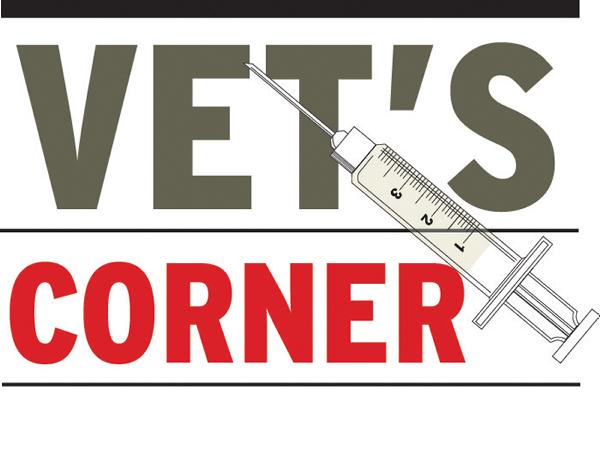
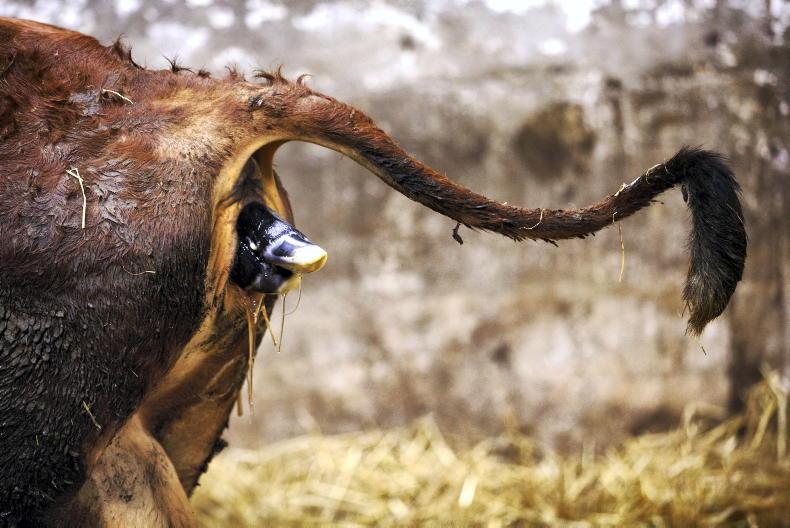
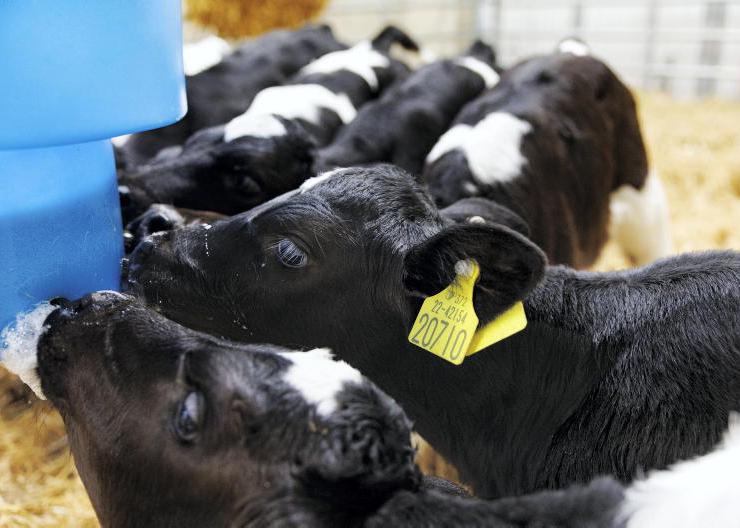
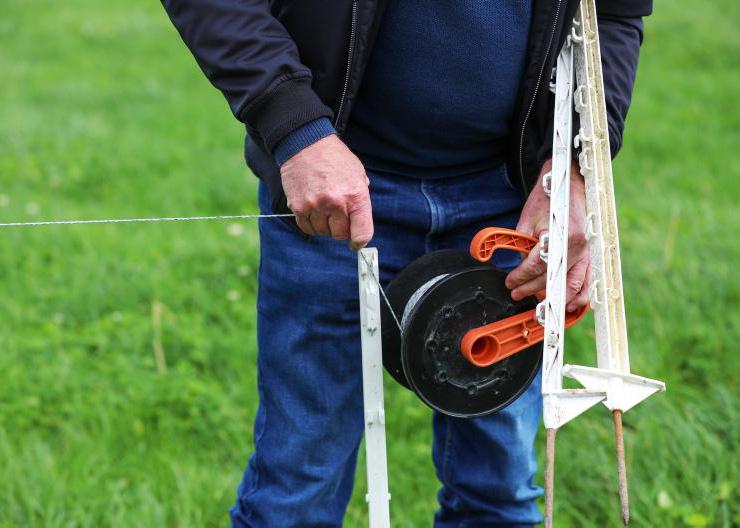
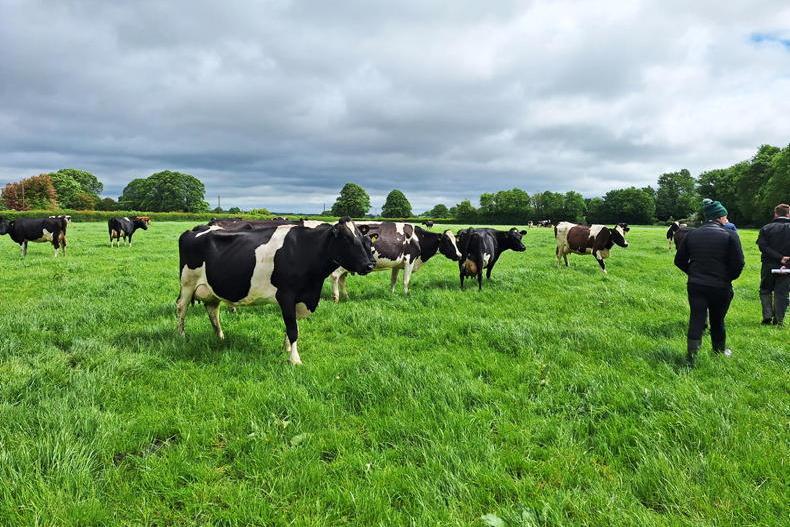
SHARING OPTIONS